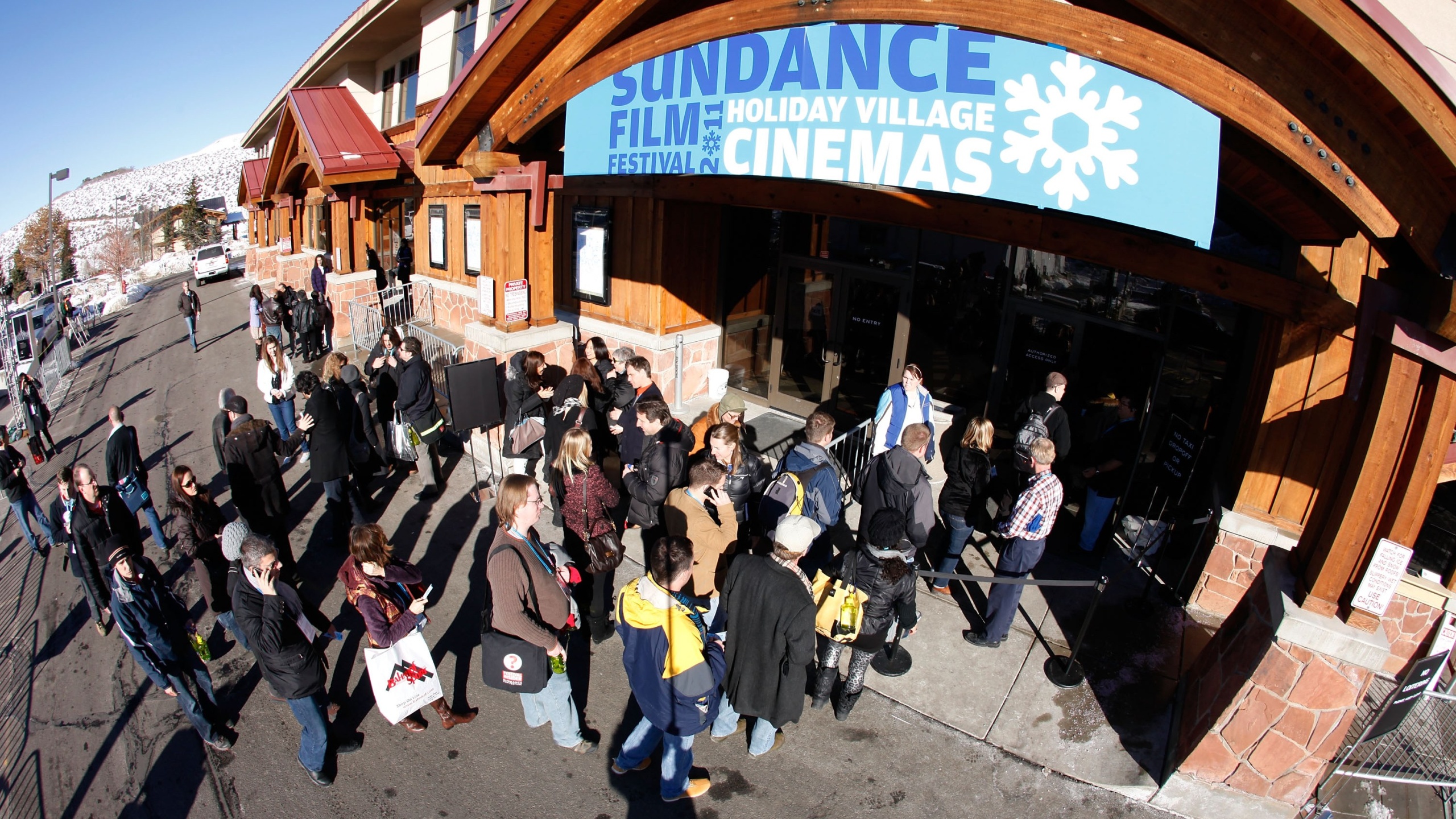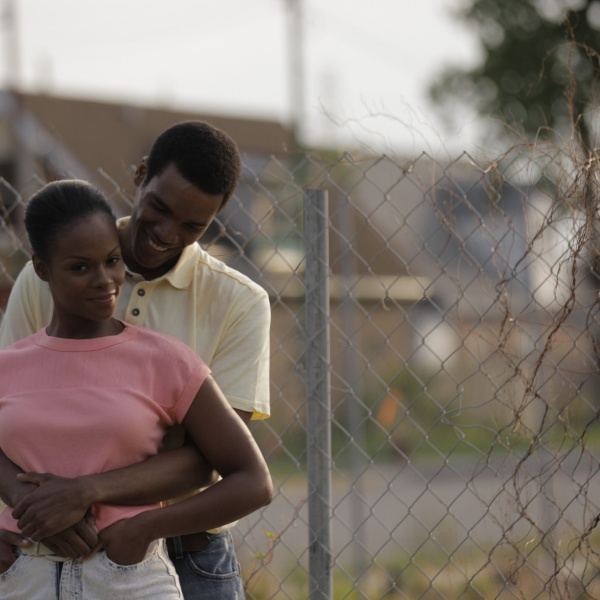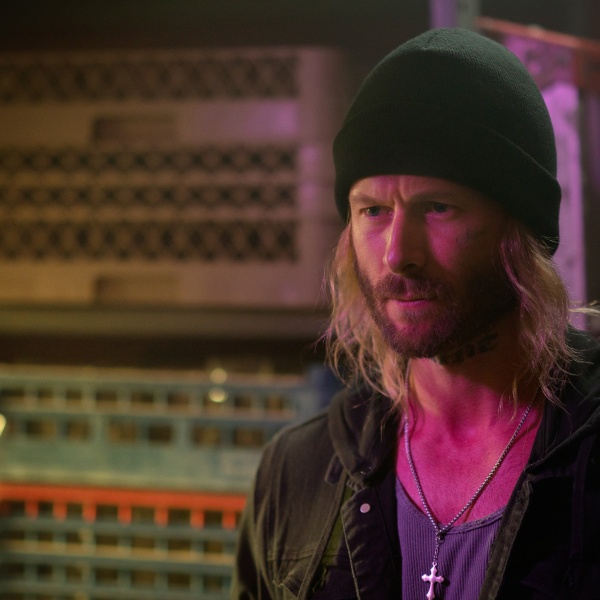Two mainstay venues of the Sundance Film Festival are at risk after their owner declared bankruptcy. Metropolitan Theaters Corporation, a Los Angeles-based company that operates both the Redstone 8 and the Holiday Village Cinemas 4 in Park City, Utah, filed for Chapter 11 bankruptcy on February 29.
According to its bankruptcy filing, Metropolitan holds nearly $8 million in loans and owes more than $300,000 to the landlords of its 15 theaters. The bankruptcy is Chapter 11, meaning the company would attempt to reorganize its assets rather than liquidate.
Planning for Sundance 2025 is still under way and it’s possible that the reorganization may leave one or both theaters open. However, any loss could be a blow. This year, the festival consciously cut down on the number of venues it operated, ceding the Yarrow to Slamdance. It also stopped using the MARC or the Temple after Covid. More screenings moved to Salt Lake City as a result.

While the Redstone and Holiday Village theaters aren’t primary premiere locations, as the city’s only commercial multiplexes they support much of the festival’s volume. The Holiday Village hosts almost all P&I screenings.
When reached by IndieWire, a Sundance rep said the festival is in the very early stages of planning for the 2025 festival, which includes its venues. It is early in its timeline and process, but the festival is monitoring what Metropolitan does next.
The Metropolitan bankruptcy filing impacts 15 theaters. In addition to the two in Park City, they include five theaters in Santa Barbara (which also serve the Santa Barbara Film Festival). Metropolitan president Dave Corwin told the Santa Barbara Independent that he expects two of those theaters, the Arlington and the Metro 4, to be unaffected since the company owns their properties. For other Metropolitan theaters, he hopes the company can become solvent via lease renegotiations.
“Ideally, there is no change, but depending on what happens, theoretically, there could be some downsizing or change in facilities, but we will see down the line,” he told the outlet.
An industry source said that in most Chapter 11 cases involving theaters, closure is determined case-by-case and that some Metropolitan theaters are expected to remain open. The source also speculated that Sundance would lobby hard to ensure the Park City locations are among them.
But according to the bankruptcy filings (via KSL.com and KPCW), Metropolitan owes about $313,000 in debt to various landlords and spends $2.6 million annually to maintain its leases across Southern California, Colorado, and Utah. In addition, it is indebted to affiliate ATP for $2.1 million after it took on some Metropolitan debt in 2021 and loaned the company more money in 2023. It also owes $5.2 million to Santa Barbara-based American Riviera Bank and has an outstanding loan balance of $500,000 from a Covid Economic Injury Disaster Loan.

Metropolitan is a family-owned company with over 100 years of history in Southern California, having once operated some of downtown Los Angeles’ most historic silent movie theater and vaudeville palaces, as well as being a pioneer in the advent of Spanish-language cinema in 1960s Los Angeles. Metropolitan did not return IndieWire’s request for comment.
Metropolitan is one of many exhibitors that didn’t recover after Covid. Arclight Cinemas and Pacific Theaters closed its doors permanently back in 2021, and Cineworld, parent company of Regal Cinemas, also declared bankruptcy last year.
“Last year, we did 20 percent better than we did in 2022,” Corwin told the Santa Barbara Independent, “but that was still 20 percent less than we did in 2019.”
The next hearing on the Metropolitan bankruptcy case will be held April 16 in downtown Los Angeles.
Additional reporting by Tom Brueggemann.






